Despite much belief to the contrary, tobacco control has been a major public health success over the last four decades.
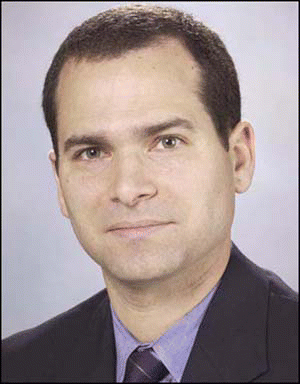

Despite much belief to the contrary, tobacco control has been a major public health success over the last four decades.
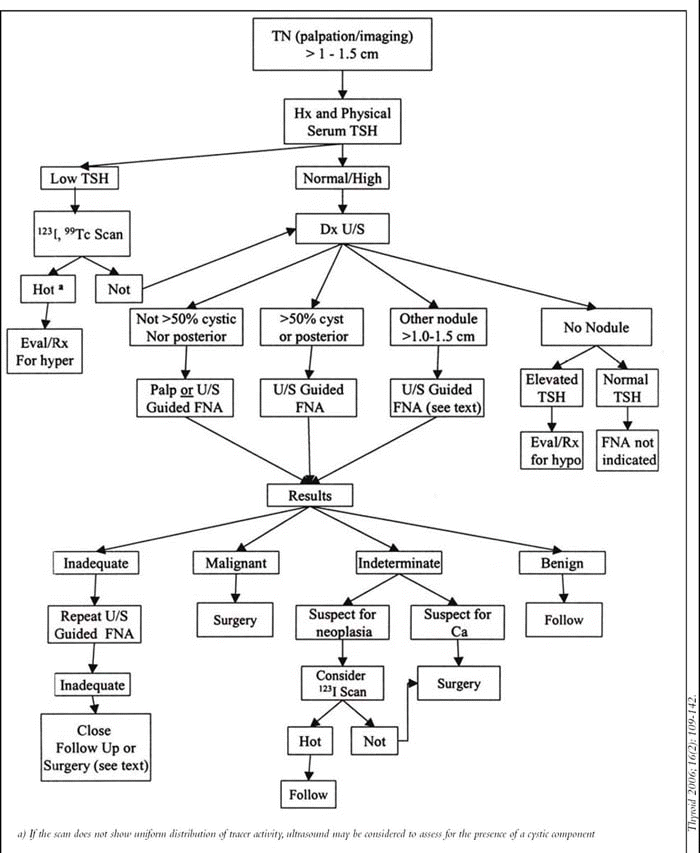
New guidelines published by the American Thyroid Association hope to offer stronger evidence on which to base diagnosis and treatment of thyroid nodules and thyroid cancer.
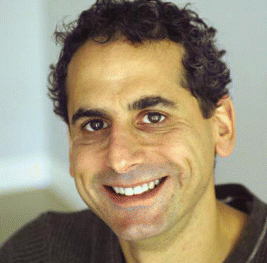
Pediatric otolaryngology has advanced by leaps and bounds over the past couple of decades, but it’s the rise in subspecialties within the field that has lead to the most changes in practice.
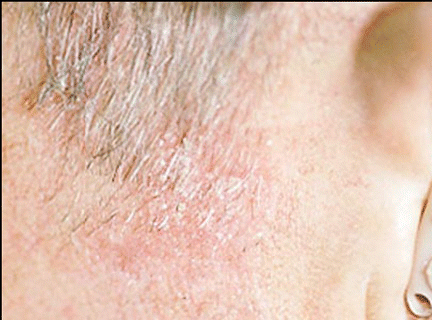
Doctors who deal with head and neck surgery often are the ones to first diagnose and potentially treat a variety of facial lesions-and they are more and more often finding themselves dealing with lentigo maligna.
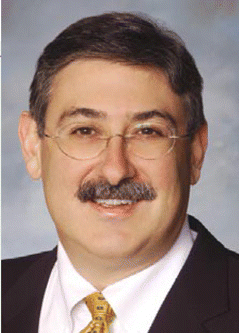
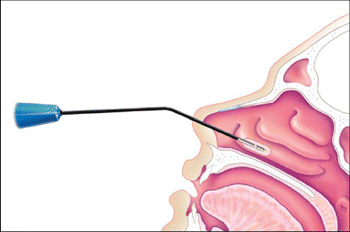
Hypertrophy of the inferior turbinates is a frequent cause of chronic nasal obstruction. In the last several years, two new techniques have become available for reducing the tumor volume: radiofrequency volumetric tissue reduction (RFVTR) and coblation.

One presenter offers guidance on what otolaryngologists can do to offer comfort to their dying head and neck cancer patients


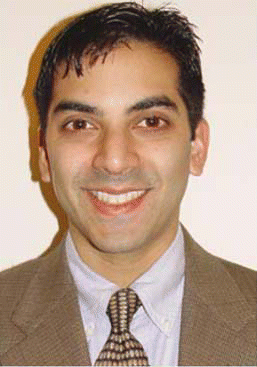
Patients with head and neck squamous cell carcinoma (HNSCC) who have no history of tobacco or significant alcohol use appear to be more likely to present with earlier disease and smaller initial T-stage, but have worse than expected outcomes.